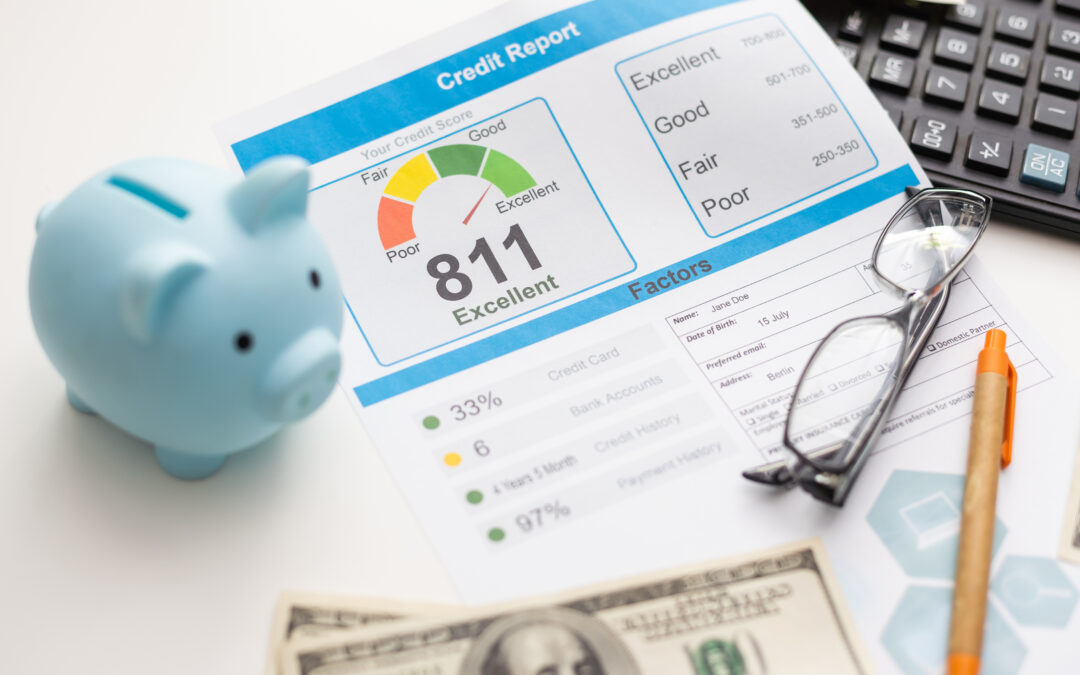The demand for free credit reporting services has turned into a multi-million-dollar advertising industry, with catchy jingles and colorful commercials airing on cable networks across the U.S. These ads often focus on attracting attention rather than educating consumers about the real significance of their credit scores. While a free credit report might seem appealing, many don’t fully understand how their score impacts their financial life. Most assume that a higher score is always better, but the reality is more complex.
A mediocre score isn’t ideal but doesn’t necessarily spell financial disaster. Even low scores can be improved with time and effort. Many individuals don’t realize that their credit reports could contain inaccuracies, which can negatively affect their score. Regularly reviewing credit reports and addressing errors can help improve one’s score, promoting better financial health. Understanding your credit report beyond the flashy ads is crucial for achieving long-term financial stability.
What is a Credit Report?
A credit report is a detailed record of an individual’s credit history, used by lenders and financial institutions to assess creditworthiness. It includes information about credit accounts, payment history, outstanding debts, and any public records such as bankruptcies or liens. The report typically contains details of credit cards, loans, and mortgages, including the amounts borrowed, payment schedules, and whether payments were made on time.
Credit reports also include personal information like name, address, and Social Security number. These reports are used to calculate a credit score, which helps lenders determine the risk of lending to a person. Regularly reviewing your credit report is important to ensure its accuracy and to address any discrepancies that may affect your financial standing.
Where Do Credit Reports Come From?
If you’ve talked to a financial adviser or other individual in the industry, or really if you’ve every applied for a loan or line of credit, you know that institutions check your credit history. Some employers even follow this practice to see if potential employees are toting around long-standing debts or have a track record of proven financial difficulty.
The reports they reference are issued by three agencies, according to The Financing Corporation (FICO), consisting of Equifax, Expirian and TransUnion. Other credit bureaus exist inside the U.S., but these three are the top trusted entities among banks and other businesses.
However, your score can be different with all three agencies, as FICO points out. That’s because not every update is automatically broadcast to all these entities. If you’ve ever been in collections or resolved an outstanding account, the primary holder of that debt is not always obligated to notify anyone in writing but you. It’s then your responsibility to maintain these documents and send them to agencies yourself if they persist on credit checks.
What Do Credit Reports Decide?
Your credit score can get you a job, a loan, a phone service or help you open an account with a bank. US News wrote that they can also help you determine if your personal information has been compromised, a growing trend in the Internet age where more of your vital data is within reach of hackers and other malicious entities.
Reviewing your credit score annually can help you stay in good standing, catch problems as they come up and help you get the upper hand if you need to contend anything you feel is inaccurate on your profile. Making sure all three institutions match should be on your regular credit check-up schedule, as credit scoring will always have some affect on your life, despite age or other factors.
Seek Expert Financial Assistance From First United Bank & Trust
Having a reliable financial provider like First United Bank & Trust on your side is invaluable as you walk the path to financial prosperity. We provide personalized banking solutions including personal checking and personal savings accounts that are secure and convenient. We can also provide loan services and assist with retirement, because no matter what part of life you’re in, we’ve got your back.
Find a First United Bank & Trust community office near you today to get started!


